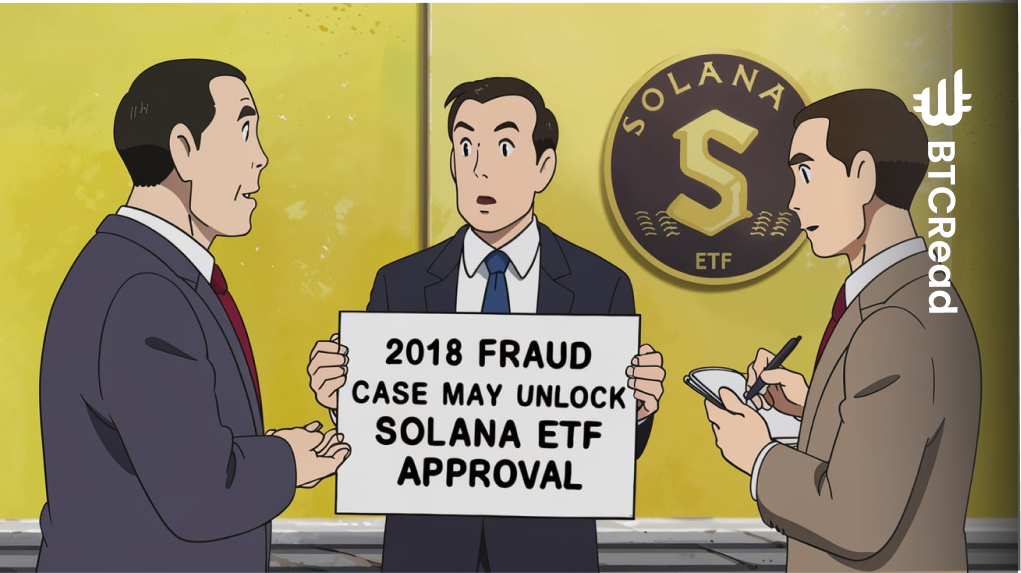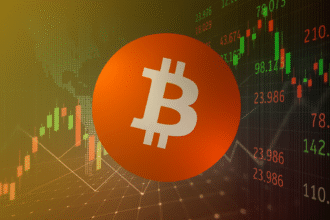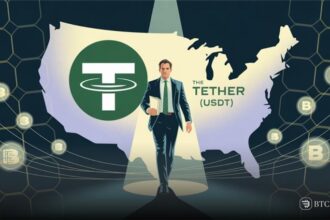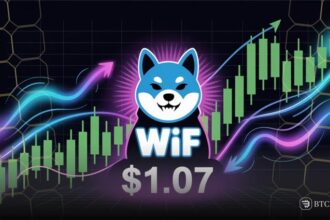While prevailing wisdom suggests that a Solana exchange-traded fund isn’t likely in the near future, one executive believes that a long-settled crypto fraud case from 2018 might offer clues on how to change that.
VanEck’s Head of Digital Assets Research, Matthew Sigel, recently shared on X that his firm views Solana as a commodity, similar to Bitcoin and Ethereum. This classification is crucial for Solana to secure its own crypto ETF in the United States. Sigel referenced a six-year-old, now-resolved court case involving My Big Coin, a fraudulent crypto payments company.
In 2018, the Commodities, Futures, and Trading Commission charged the firm’s founders with fraud for selling the “My Big Coin” token under false pretenses and misrepresenting its usage and value.
The defendants sought to dismiss the case, claiming that the My Big Coin (MBC) token wasn’t a commodity since no futures contracts referenced it. However, the judge dismissed this argument, stating that My Big Coin is a “virtual currency” similar to Bitcoin, drawing a parallel with natural gas.
Solana ETFs have “snowball’s chance in hell”
Bloomberg ETF analyst Eric Balchunas remarked that after Cboe reportedly removed its 19b-4 filings for Solana ETFs from its website, the likelihood of the ETFs gaining approval is now “a snowball’s chance in hell.”
On Aug. 16, reports surfaced that Cboe removed the 19b-4 filings for two proposed Solana ETFs from its website. Speculation arose that the SEC rejected the filings over concerns about Solana’s classification as a security before they even reached formal consideration.
However, Geraci has previously contended that the approval of Solana ETFs depends on Solana being classified as a commodity. Meanwhile, Sigel pointed out that VanEck’s S-1 filing is “still in play” even though Cboe has removed the 19b-4 from its website.







